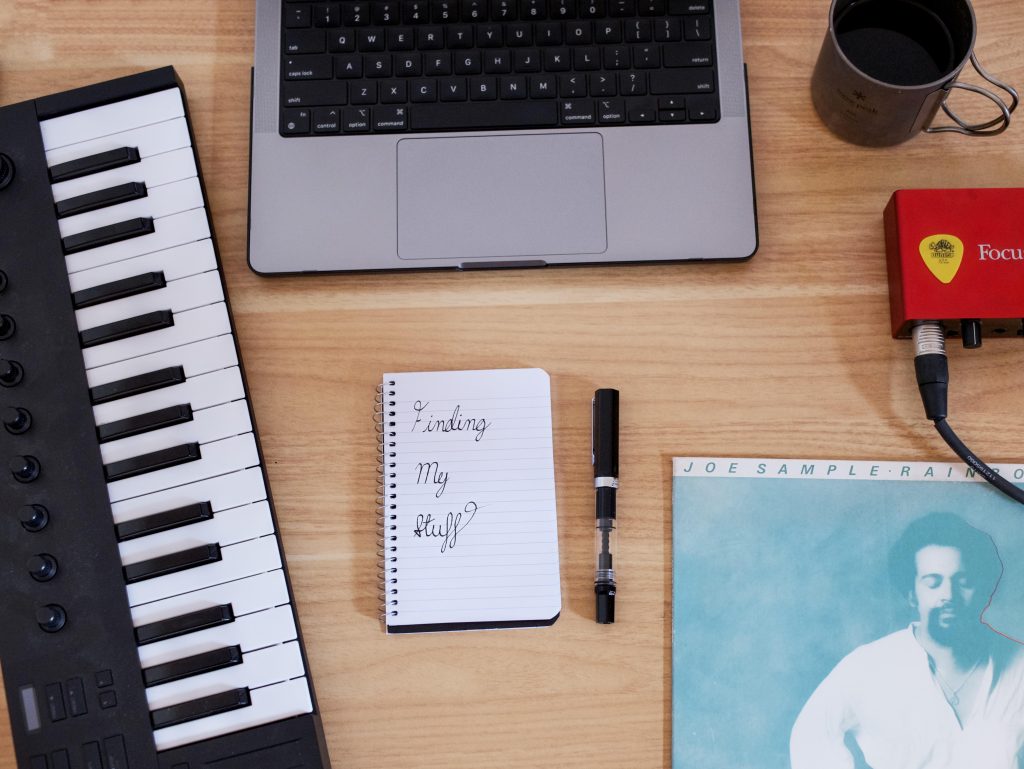With the infamous “notification” being an ever present phantom, and always taking our attention; it’s harder than ever to be organized. These energy vampires can distract us from our daily tasks, and can lead to more stress! Being organized can help stop the part of your brain that produces stress hormones from activating: the amygdala. According to Dr. Ressler, “Protect your brain from stress: Using strategies to help manage your workload can also reduce stress. Making a list also gives you a clear endpoint so you know when you are done.” The fact of the matter is that our brain is an incredibly complex organ that responds differently in every individual. While we cannot control all of these external stimuli, it can take an immense strain off of our sub-consciousness to leave these situations up to a precise schedule. It is not easy, and I struggle with it every day, but I can share with you my three methods for staying organized, reducing stress, and “finding my stuff.”
1. Begin every day at the same time:
It does not matter what time you begin your day. It will be incredibly dependent on what your work/life balance allows, but it can be beneficial to wake at the same time every single day. An extremely important factor for brain health and development is sleeping and waking at the same time. According to Dr. Robert Stickgold of the Division of Sleep Medicine at Harvard Medical School, “It is simply more difficult to concentrate when we are sleep-deprived; this affects our ability to focus on and gather information presented to us, and our ability to remember even those things we know we have learned in the past.”
2. Start taking physical notes:
This tip may seem pointless, but the emphasis on physical notes, versus virtually, can be life changing for some people. Aside from the fact that any time you open your phone, you are bombarded with attention-seeking notifications, handwriting your notes leads to far better memory recollection. There have been studies on the correlation between using your hands to write something and your mind’s correlation on remembering that note. While the majority of studies have been conducted on the demographic of college students, the core link between improved recollection when handwriting notes is always apparent. Of course, there is nothing wrong with using your phone’s calendar to remind you of an upcoming meeting, but I encourage you to try handwriting some of your reminders on a notepad.
3. Allot time for fitness:
Fitness is not only linked to numerous health benefits but also gives you dedicated time to organize your thoughts. The hustle of daily life may make it difficult to set aside this time, but it’s extremely important to not neglect your health. If possible, try to walk outdoors. There are many beautiful trails and parks all around the state of Michigan with some of the best natural beauty the United States can offer. Please allow yourself to have this time to reconnect with nature, and practice “being present” while doing so. Furthermore, practicing mindfulness will improve the mind, and physical processes in your body. Beyond this, implementing a rigid exercise regiment will further develop your schedule, and sense of self fulfillment. This time set aside will allow you to catalog your week, categorize your tasks, and organize your life. This is possibly the most important step, “pun intended,” that you can take towards becoming a more organized person.
Integrating these three simple habits into your life can dramatically change the way you structure your life and hopefully help you to organize your life more efficiently. I hope that you find this information helpful, and that we all “Find our stuff”!







